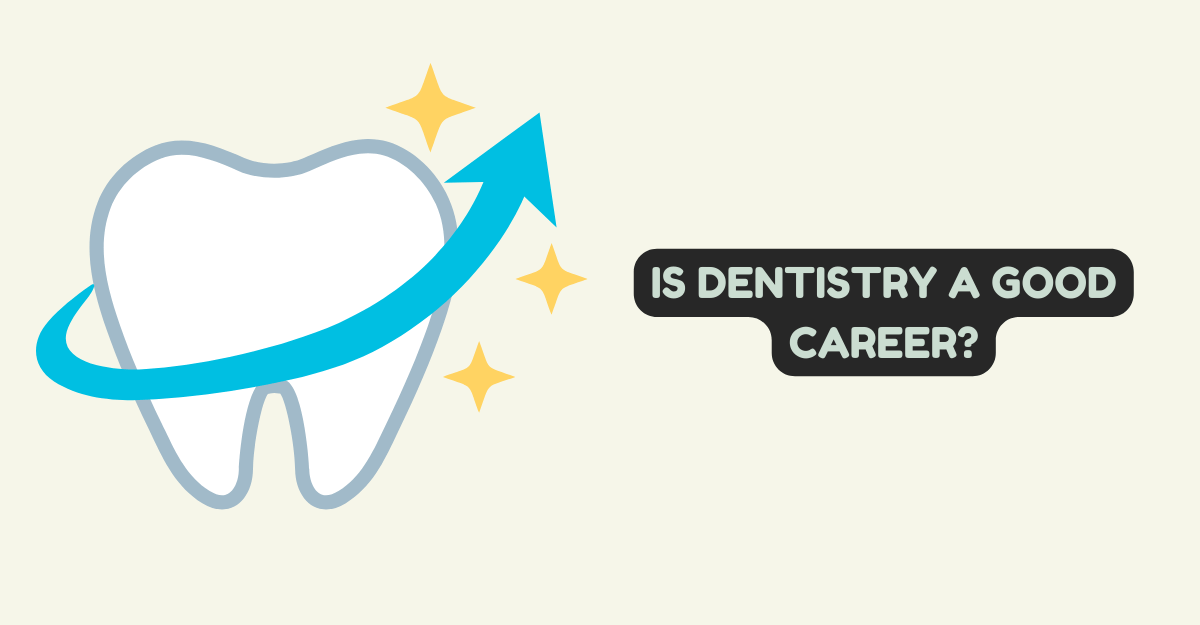
Is dentistry a good career?
Dentistry stands as one of the most revered and rewarding professions in the healthcare sector, offering a unique blend of healthcare service, community impact, and personal satisfaction. As we explore the merits of pursuing a career in dentistry, it’s essential to weigh various factors including educational requirements, job stability, earning potential, work-life balance, and the personal fulfillment that comes with the profession.
Educational Path and Commitment
Becoming a dentist requires a significant educational commitment. Aspiring dentists must first complete an undergraduate degree, typically in a science-related field, followed by attending a dental school for four years to earn a Doctor of Dental Surgery (DDS) or Doctor of Dental Medicine (DMD). After dental school, some choose to specialize further, which requires additional residency training.
The rigorous academic and clinical training prepares students with a comprehensive understanding of dental care, from diagnosing oral diseases to performing surgical procedures. This intense preparation ensures that dentists are well-equipped to provide high-quality care, making the educational investment worthwhile for many.
Job Stability and Demand
Dentistry is known for its job stability and high demand. According to the U.S. Bureau of Labor Statistics, the employment of dentists is projected to grow at a steady rate, driven by the aging population and increased awareness of oral health’s importance. This demand ensures a degree of job security not found in all professions.
Moreover, dentists have the flexibility to choose their practice setting—whether it be private practice, hospitals, public health settings, or academic and research institutions. This variety allows for career mobility and the ability to find a niche that best suits one’s preferences and lifestyle.
Earning Potential
One of the most attractive aspects of a career in dentistry is the potential for a lucrative income. Dentists generally earn a higher median salary compared to many other professions. This high earning potential can be attributed to the specialized skills and services they provide, which are in constant demand.
However, it’s important to note that income can vary widely depending on location, the type of practice, and the dentist’s experience level. Specialists, such as orthodontists or oral surgeons, tend to earn more than general dentists. Nonetheless, the financial rewards of a career in dentistry are substantial, providing a comfortable lifestyle and the ability to pay off educational debts relatively quickly.
Work-Life Balance
Dentistry is often lauded for offering a favorable work-life balance. Many dentists work full-time, but it’s not uncommon to find practitioners who opt for part-time schedules. The flexibility to set their hours or choose their days of operation allows dentists to balance their professional and personal lives effectively.
For those who own their practices, there’s even greater control over scheduling, albeit with the added responsibilities of managing a business. This autonomy in managing practice and personal time is a significant advantage for those who value flexibility and time with family and hobbies.
Personal Fulfillment and Community Impact
Beyond the tangible benefits, dentistry offers profound personal satisfaction. Dentists play a crucial role in improving their patients’ quality of life—whether it’s by relieving pain, restoring function, or enhancing aesthetics with something like permanent dentures. The ability to see the immediate results of their work and the positive impact on patients’ health and self-esteem is immensely gratifying.
Dentists also have the opportunity to make a difference in their communities by providing essential healthcare services, participating in public health initiatives, and educating the public about oral health. This aspect of the profession can be particularly rewarding for those who have a passion for service and community engagement.
Challenges and Considerations
While the advantages of a career in dentistry are compelling, it’s also important to acknowledge the challenges. The path to becoming a dentist involves a substantial investment of time and money, and the profession can be physically demanding, with long hours spent on one’s feet and performing intricate procedures.
Moreover, managing a dental practice comes with its own set of challenges, including administrative work, staffing issues, and staying abreast of the latest technologies and treatments. However, for many, these challenges are outweighed by the benefits and satisfaction derived from the profession.
Conclusion
Is dentistry a good career? The answer largely depends on individual priorities and values. For those drawn to the healthcare field, seeking a stable and rewarding profession, and willing to commit to the necessary training, dentistry offers an appealing blend of financial rewards, job stability, and the opportunity to make a positive impact on people’s lives.
Like any career, it’s vital to carefully consider the pros and cons. However, for many, the benefits of a career in dentistry—a combination of financial prosperity, professional autonomy, and the intrinsic rewards of healthcare service—make it an excellent choice.






